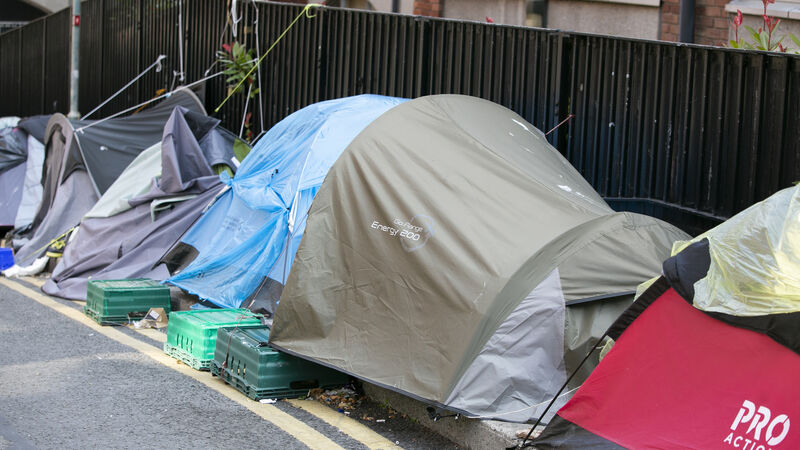Almost 150 asylum-seekers without accommodation

Since last Monday, 185 new arrivals were unaccommodated at one stage, with 19 subsequently being offered accommodation after being triaged for vulnerabilities. File picture: Gareth Chaney/ Collins
Some 147 international protection applicants (IPAs) are currently left without State-provided accommodation, "despite intensive efforts to source emergency accommodation", the Department of Integration has said.
Since last Monday, 185 new arrivals were unaccommodated at one stage, with 19 subsequently being offered accommodation after being triaged for vulnerabilities.










